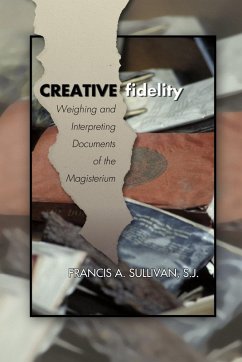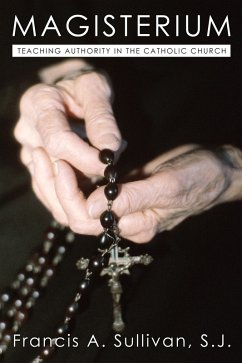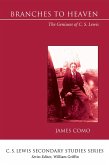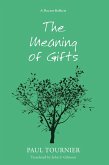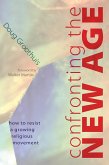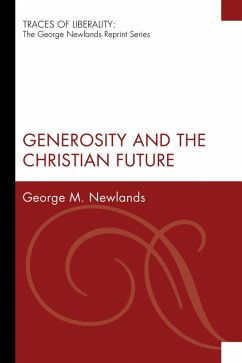An important part of the theologians' task is to make the church's dogmas meaningful to the faithful of their own time. The attitude with which a theologian should undertake this task of communicating a contemporary understanding of the faith is well described as one of creative fidelity. Two basic sources for Catholic theology are scripture and the documents of the Magisterium. Just as Catholic theologians must know how to distinguish among the various literary genres in the bible and how to interpret scriptural texts, they must also know how to determine the relative degree of authority exercised in the various documents issued by popes or councils and how to apply the principles of hermeneutics in interpreting them. This book offers guidelines that will help those interested in Catholic theology to make sound judgments about the authority and meaning of the documents in which the church has expressed its faith over the centuries. Making such judgments requires a knowledge of the correct level of response these documents call for from the faithful and the ability to offer to today's faithful a contemporary understanding of their faith. The task of the interpreter is one of creative fidelity, requiring a delicate balance between being faithful to the original meaning of the text and creative in finding the concepts and terms that make it meaningful today.
Dieser Download kann aus rechtlichen Gründen nur mit Rechnungsadresse in A, D ausgeliefert werden.

